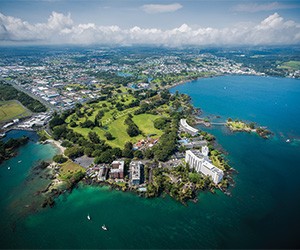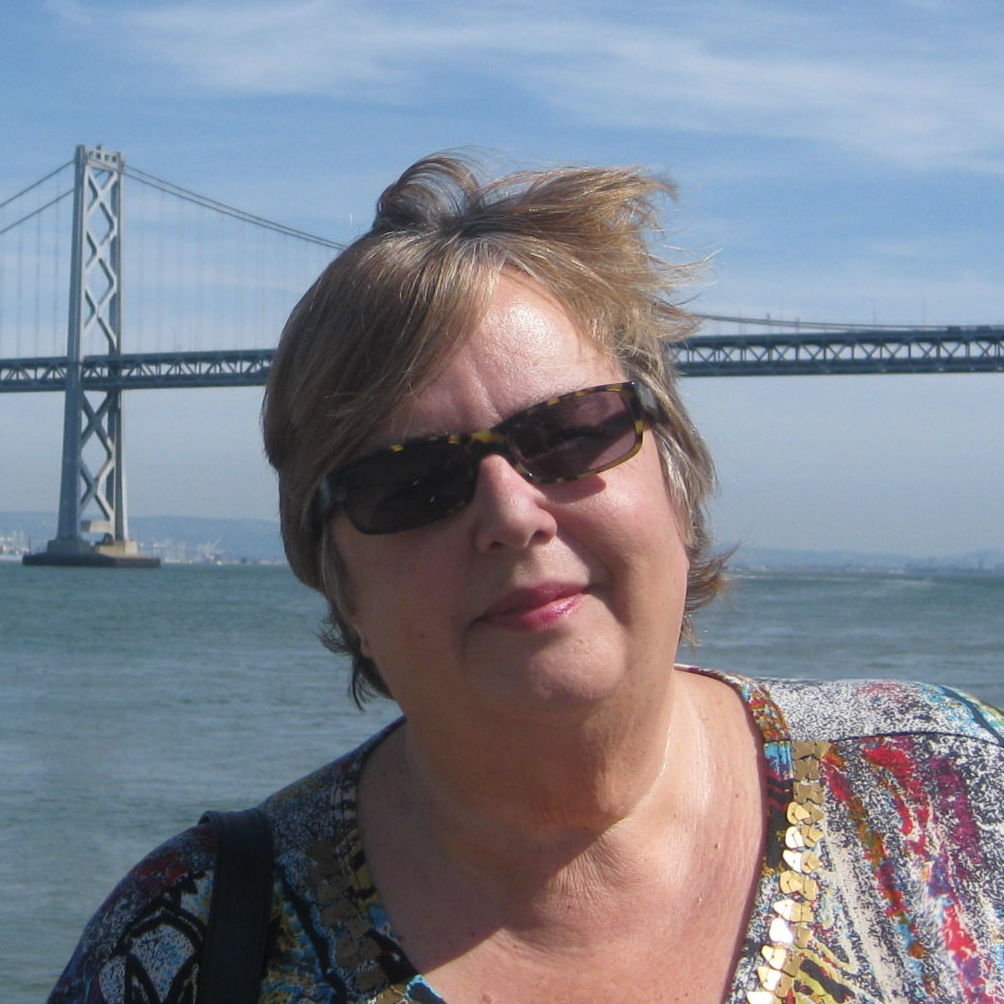Meetings business in Hawaii is firing on all cylinders these days, including a record-setting year for the Hawaii Convention Center and heavy demand for corporate meetings and incentives around the state.
“We’re no longer apologizing for who we are,” says Bryan Lynx, vice president of meetings, conventions and incentives for the Hawaii Tourism Authority. “For the longest time we were struggling with the boondoggle perception, but we know what we have here is amazing. And planners are telling us so.”
Record Convention Year
For tangible evidence, Lynx points to the recent announcement from the Hawaii Convention Center that 2014 was the most financially successful year for the facility since its opening in 1998. The HCC hosted 182 events, surpassing its targeted goal of 150 for the year, and welcomed 320,680 attendees, 30 percent above its goal.
Momentum is continuing this year, with mega events that include Lions Club International, which brought 18,000 attendees to Hawaii in June; the U.S. Annual Employee Benefits Conference in November, expected to draw 12,500 attendees; and the 2015 International Chemical Congress of Pacific Basin Societies in December, expected to draw 11,620 attendees.
Making the difference for the HCC has been a change in management for the center, which is now operated by AEG Facilities, according to Lynx. He also credits the creation of Meet Hawaii, which now handles group sales and marketing for the convention center as well as for the Hawaii Visitors & Convention Bureau.
The HCC and Meet Hawaii have worked together to target more meeting business through such initiatives as a new partnership program with local hotel brands that encourages larger room blocks. The center is also promoting itself more heavily toward corporate groups through the AEG international sales network and developing new group amenities that range from Asian noodle stations to Hawaiian music and dance programs.
International, Scientific Meetings on the Rise
Buoyed by expanding air service from around the Pacific Rim and hotel rates that are lower than those in places such as Japan and Korea, international conventions are among Hawaii’s major growth areas, Lynx says.
“It used to be that domestic planners would call us and say they have a contingent of Asian attendees to include, but now this is being flipped,” he says. “Companies out of Asia are calling and saying they are having a meeting and are inviting some of their North American delegates to attend.”
Scientific and healthcare meetings are also on the rise, the result of a strong partnership with the University of Hawaii known as the Elele Program, according to Lynx. Experts at the university, known as Elele Ambassadors, have worked with Meet Hawaii and planners to help boost attendance and provide presenters and other content for meetings.
PageBreak
“We’re working closely with the department heads at the university, which is very strong in areas such as ocean sciences, astronomy and cancer research,” he says. “Elele ambassadors are a great resource for meetings; they’ve helped us bring in over a half-billion dollars worth of business.”
Creative and Cultural
Corporate meeting and incentive business is also up this year, primarily because of a stronger U.S. economy and a growing recognition that Hawaii provides a creative and cultural atmosphere that is beneficial to objectives, Lynx says.
“We’ve got the numbers to prove that the ROI for meetings and incentives is very strong—people will work very hard to get here,” he says. “We’re also seeing our hotel and resort partners think very creatively in terms of providing a meaningful experience for attendees.”
The creative and culture aspects of the meeting experience is constantly evolving, partly fueled by planner expectations, he adds.
“It used to be that planners would request a lei greeting, but now they want a cultural host to kick-start the conference with a chant or a conch shell call,” he says. “They want the group to become grounded and immersed in the Hawaiian culture from the beginning.”
Advice to Planners
While Hawaii is currently enjoying a hotel seller’s market, especially in Waikiki and on Maui, Lynx says planners who are flexible in terms of dates and location will have little problem finding favorable terms.
“Some people assume that January through March are off-limits in Hawaii, but often there are options then, especially on Hawaii Island and Kauai,” he says. “Look around and be open to considering an island that may not be your first choice. The experience and access will still be great.”







